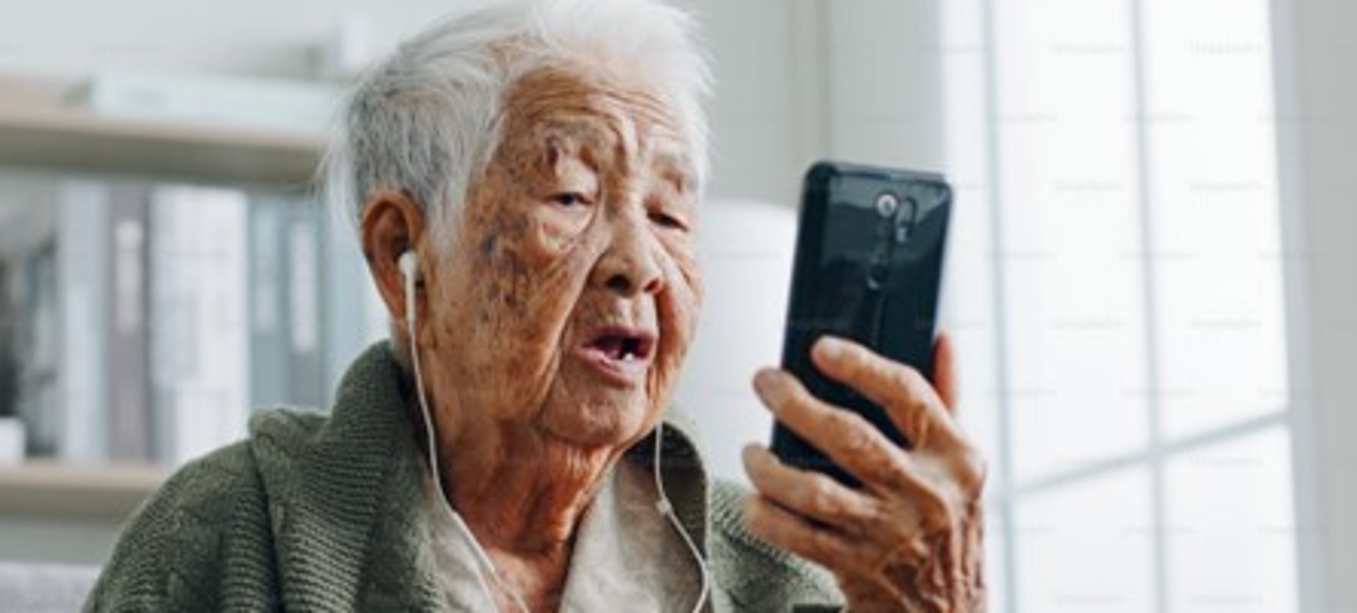How to help a family member realise it’s time for care
04/05/2023

It is often a gradual realisation that a parent is not coping as well as they used to at home.
Even when you consider that a parent, or parents, might need some form of care there are more hurdles to overcome. Your parent, or parents, may vehemently disagree and your own partner may not support your thinking.
It’s an emotional time and there is a lot to happen before a parent can move into residential aged care.
Eligibility
Anyone moving to a residential aged care facility has to be assessed by an Aged Care Assessment Team (ACAT) to determine the level of care it is felt a person needs. Assessments are free and can be arranged by visiting myagedcare.gov.au or calling 1800 200 422.
It will take weeks before an assessment is arranged at your parent’s home. Be ready with a Medicare care number, details of your doctor and any other health professionals the parent is seeing. If you have any support in place, such as cleaning services, let the assessment team know..
If a decision is made on location, research what is available on agedcare101.com.au and call the facilities and arrange a visit. It will be an eye-opener for good and bad reasons and if you check out two aged care homes, they likely will be very different from each other.
Think from your parent’s perspective what would suit your parent and make them feel most comfortable.
Check out the food menus and also see what activities are held weekly.
Finances
If you narrow the options of aged care homes, check what the financial arrangements are. The Australian Government subsidises residential aged care, and how much each person contributes depends on their financial situation. This is determined by Services Australia through a form you need to complete and submit to them. Once Services Australia has provided a fee advice letter you will be able to discuss with your chosen home the actual costs that would be involved for your parent to receive care with them.
The final step
If you reach agreement on the best home for your parent, contact the home and arrange an interview about the application process and answer any questions you have about payments. An appointment will be arranged with one of the home’s clinical leaders so care needs can be discussed in detail.
It’s a big step, and deserves the time to be done right.














